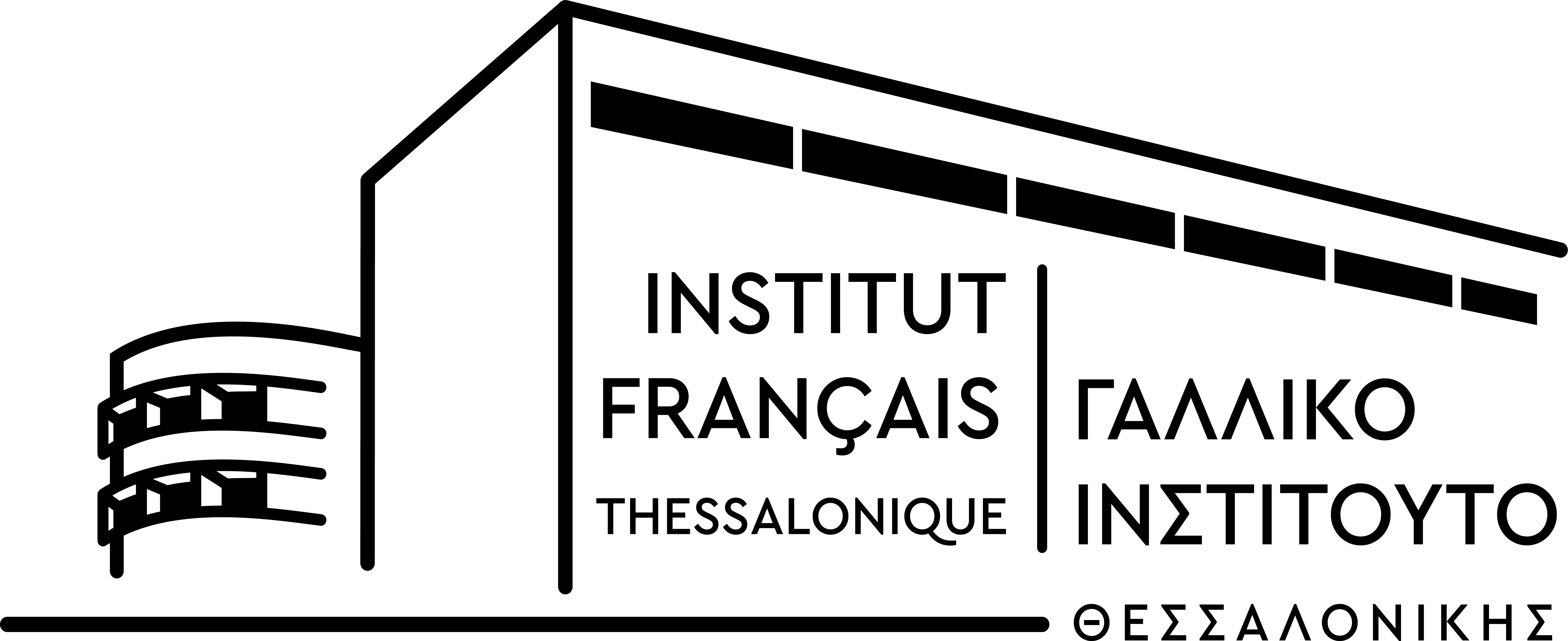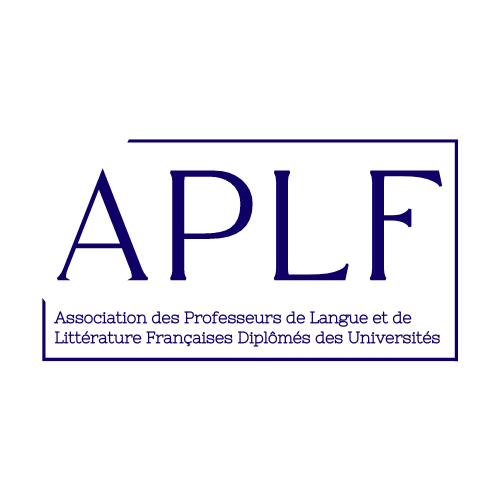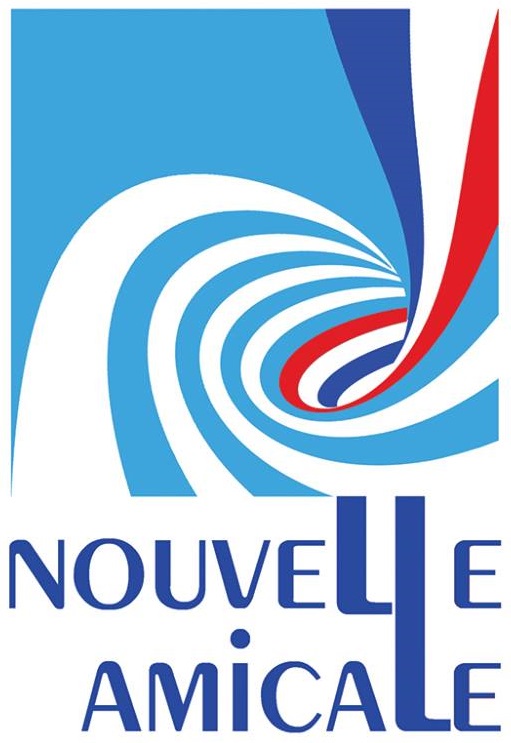Primary school
Cycle 2:
In cycle 2 of the basic learning cycle, emphasis is placed on the basic skills all children are expected to acquire. This cycle consists of the higher section (last year of nursery school), CP and CE1 (1st and 2nd grades of primary school).
Cycle 2 objectives:
1) Bridge the gap between nursery and primary school.
2) Pursue and develop the initial work started in the social and cultural integration of the child.
3) Establish the 3Rs (basic learning skills): reading, writing and arithmetic.
4) Lead children to autonomy and develop their ability to take initiative.
5) Take individual differences into account and intervene when difficulties first arise.
Cycle 2 students rehearsing for a musical project.
These objectives are devised in a context bearing the following features characteristic of our establishment, whose motto is “Two cultures, three languages”:
1) The Greek language and culture is taught from the lower section of nursery school in groups according to level.
2) The English language and culture is taught from the higher section of the nursery school.
3) A motivated team of teachers developing common projects around the culture of the host country.
4) French language workshops organized from nursery school by the home –room teachers or other specialized teacher.
5) A trilingual choir.
Cycle 3 or Consolidation Cycle
CE2, CM1 and CM2 (3rd, 4th, 5th grades) correspond to this cycle. The child benefits from these 3 years in the process of acquiring the bulk of the required competences.
National evaluation is administered at the CM2 level or 5th grade. This testing acts as quality assurance of the programs and is an assessment of the acquisition derived from them, enabling pupils who experience difficulty to resort to a remedial course of action in due time. This evaluation also provides an objective rating of French primary school instruction and data base for the French Ministry of Education.
The subjects taught in this cycle ensure continuity with previous learning in Cycle 2.
The subjects taught are as follows:
– Mastering French fluency in speaking and writing.
– Civic education (participating in school life, learning how to become a good citizen in one’s community, in France and in the European community, discovering Europe and opening up to the world).
– Literature (children’s literature, reading, writing)
– Observation and reflection on the French language (grammar, conjugation, spelling, vocabulary).
– Foreign and regional languages
– History (from prehistoric to the present, major periods and important events)
– Geography (outlook on the world, Europe, France, introduction to France worldwide)
– Mathematics (calculations, fractions, space and geometry, angles, size and measurements)
– Scientific experiments and technology (materials, the real world, the environment, health and hygiene, energy, the sky and earth, the man-made world, information technology)
– Visual Arts (drawing, sculpture, theatre)
– Musical Education (singing, music)
– Physical Education and sport
Throughout the Consolidation Cycle, the pupil continues to acquire the basis of his /her education and, through the various activities, aided by their psychological development, the learner will be able to eventually construct his/her knowledge in a more reflective manner and use intellectual skills more confidently. It is important at this point that all facets of the child’s intelligence be solicited, especially his/her ability to act and feel.
Moreover, the pedagogy of Cycle 3 should not rest on abstractions and formulas as means of attaining knowledge, but rather on concrete, experiential learning and experimentation.
On entering the 3rd cycle, the pupil goes through an important phase of his /her schooling. The competences obtained in reading and writing enables the child to broaden and enrich his/her potential for information and reinforce learning. The knowledge and skills acquired in Maths will offer opportunities for the learner to seek out and pursue more rigorously his/her particular areas of interests and follow their evolution. Surely at this stage the learner has yet to become autonomous in making such choices, so Cycle 3 provides ample opportunity in each domain for the pupil to acquire mastery.
At this stage, there is also an opening towards new learning in history, geography, observation and reflection on the French language (grammar), foreign and regional languages, scientific experimentation and technology.
During the 3 years of the cycle, the learner invests his/her time in acquiring the necessary knowledge and skills indispensable for entering and coping with the demands of secondary school.









